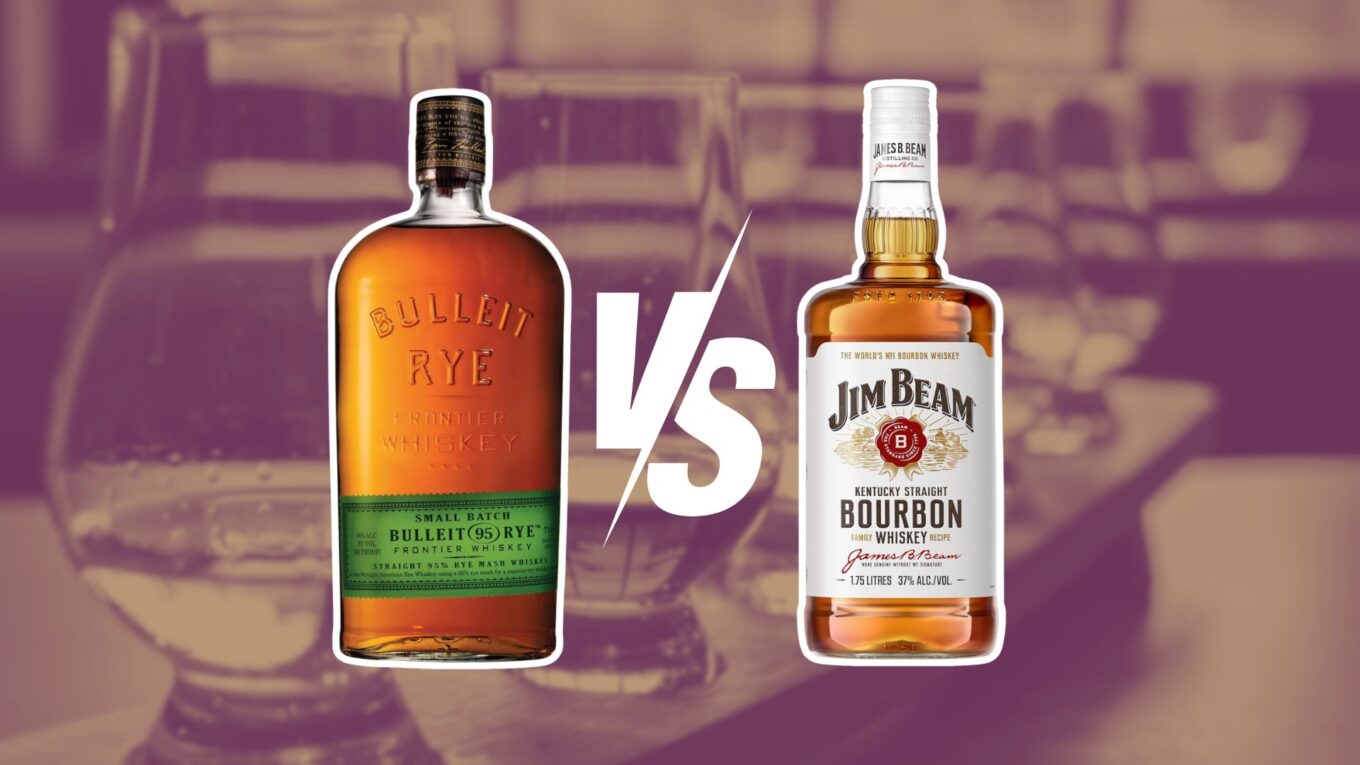Rye whiskey and bourbon are two classic American spirits that have captured the hearts of whiskey enthusiasts worldwide.
While both are made from grains and aged in oak barrels, they each possess unique flavor profiles that set them apart.
You’re not alone if you’ve ever wondered about the differences between these two whiskeys.
In this blog post, we’ll explore the distinct taste characteristics of rye whiskey and bourbon.
We’ll examine the key factors contributing to their flavors, from the grains used in their mash bills to the nuances imparted by the aging process.
By the end, you’ll better understand what makes each whiskey special and how to appreciate its qualities.
Let’s embark on a flavorful journey into rye whiskey and bourbon.
History and Origins of Rye Whiskey
Colonial Roots
Rye whiskey production started with early American settlers using rye grain for distillation.
Rye was the grain of choice due to its plentiful supply and ability to thrive in the colonial climate.
This spirit quickly gained popularity among the colonists, becoming a favored drink in early America.
Historical Figures
George Washington played a significant role in the history of rye whiskey.
He ran one of the largest distilleries at his Mount Vernon estate, producing substantial quantities of rye whiskey.
Washington’s dedication to the craft helped solidify rye whiskey’s position as a quintessential American spirit.
Prohibition Era
During the Prohibition period, the legal production and consumption of rye whiskey sharply declined.
However, following the repeal of Prohibition, rye whiskey experienced a resurgence.
This revival was fueled by a passion for craft distilleries and a renewed interest among consumers who wanted to rediscover this classic American whiskey.
History and Origins of Bourbon
Origins
Bourbon’s story began in the region known as Bourbon County, Kentucky.
Early settlers in the area discovered that the land was ideal for growing corn, which they used to create a distinct style of whiskey.
As the popularity of this corn-based whiskey grew, the name “Bourbon” became synonymous with high-quality American whiskey.
Historical Development
The rise of bourbon can be attributed to the unique natural resources found in Kentucky.
The state’s limestone-rich water and abundant corn crops provided the perfect conditions for crafting exceptional whiskey.
These factors were crucial in shaping bourbon’s signature flavor profile and contributed to its widespread appeal.
Flavor Profile of Rye Whiskey
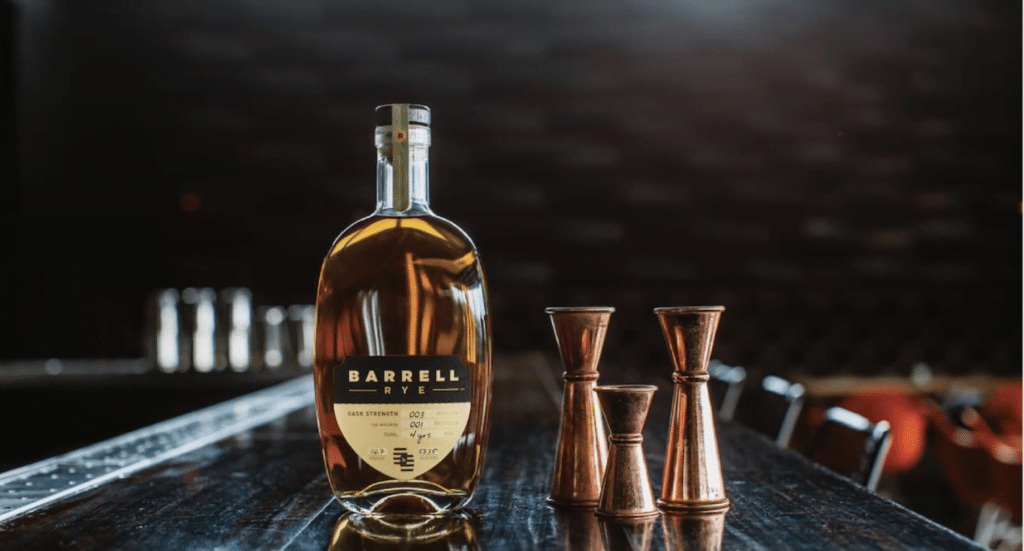
Bold and Spicy
Rye whiskey is known for its bold and spicy character, which can be attributed to the high proportion of rye grain in the mash bill.
This dominant rye content gives the whiskey a distinctive peppery kick, often accompanied by notes of cinnamon.
These spicy flavors set rye whiskey apart, creating a robust and assertive taste profile.
Herbal and Earthy
In addition to the prominent spicy notes, rye whiskey often features subtle herbal and earthy undertones.
These flavors can include hints of dill, mint, leather, or tobacco, adding depth and complexity to the overall taste experience.
The whiskey’s herbal and earthy qualities contribute to its unique character and provide a fascinating contrast to the bold spiciness.
Complexity
Rye whiskey is known for its layered and dynamic flavor profile.
Beyond the peppery and cinnamon notes, it can also exhibit fruity hints like apple or pear and additional spices such as clove and nutmeg.
The interplay of these various flavors creates a complex and intriguing taste that keeps whiskey enthusiasts returning for more.
Flavor Profile of Bourbon
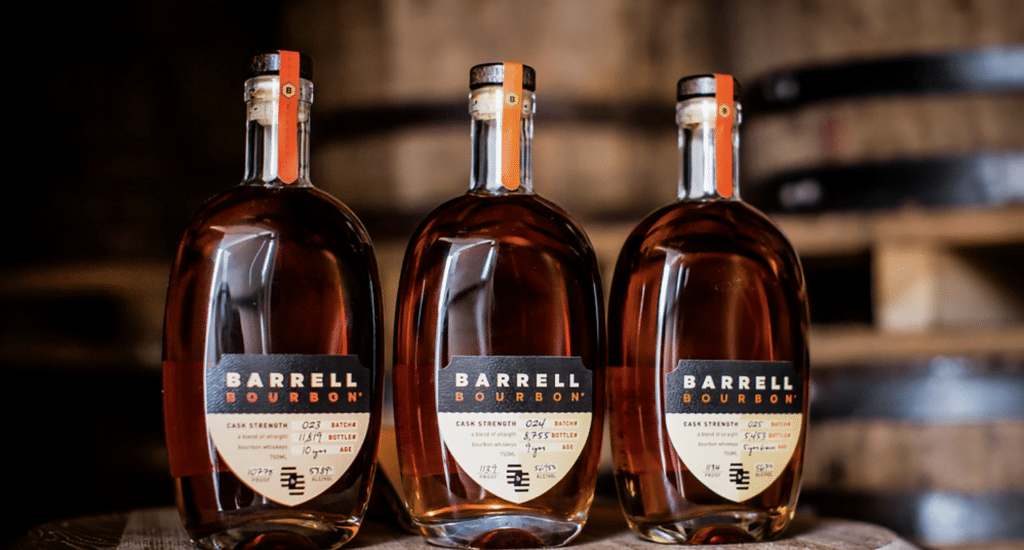
Sweet and Smooth
One of the defining characteristics of bourbon is its sweetness due to the high corn content in the mash bill.
By law, bourbon must contain at least 51% corn, which imparts a distinctively sweet flavor profile.
Common sweet notes in bourbon include caramel and vanilla, contributing to its smooth and approachable taste.
Rich and Mellow
Bourbon’s flavor profile is often described as rich and mellow, thanks to the influence of the aging process in new charred oak barrels.
These barrels impart deep caramel, vanilla, and oak flavors, creating a warm and inviting taste.
Depending on the level of char in the barrels and the duration of aging, some bourbons may also feature a subtle smokiness.
Complexity
While bourbon is known for its sweetness and smoothness, it can also offer complexity that surprises and delights.
Depending on the mash bill and aging process, bourbon may feature fruity notes like cherry or plum and nutty flavors like pecan or almond.
These additional layers of flavor contribute to the richness and depth of the bourbon-drinking experience.
Popular Brands and Varieties of Rye Whiskey
Bulleit Rye
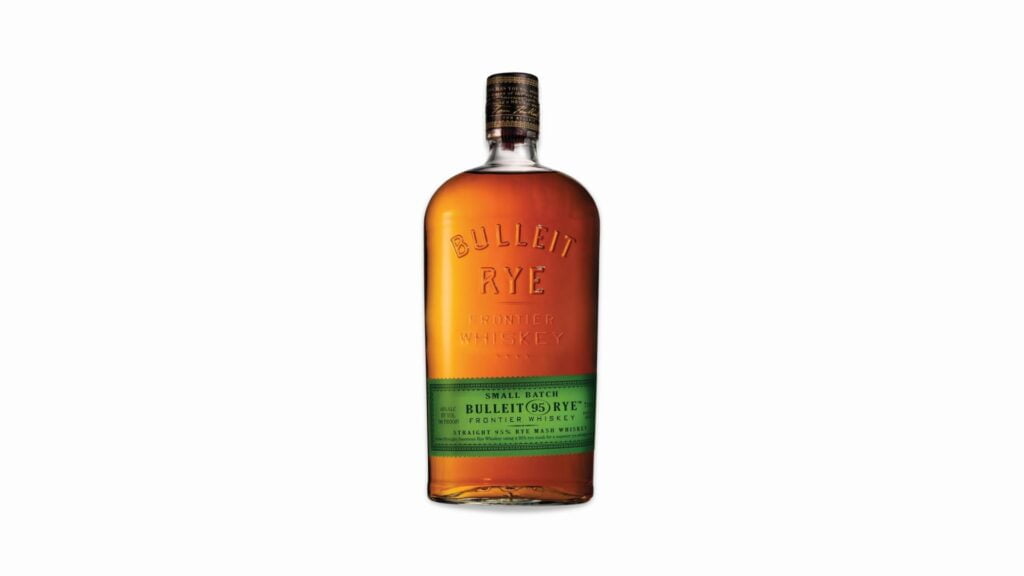
Bulleit Rye is a popular choice among whiskey drinkers, and it is known for its smooth and spicy flavor profile.
With a 95% high rye content, this whiskey packs a bold punch while maintaining a balanced and smooth finish.
Its approachable yet distinctive taste has made it a favorite for those exploring the world of rye whiskey.
Knob Creek Rye
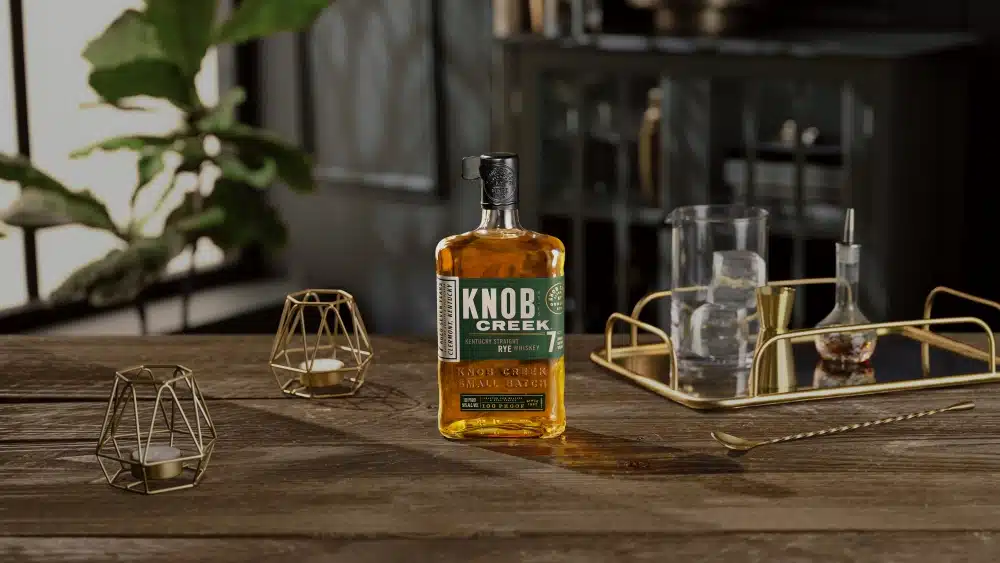
Knob Creek Rye offers a well-rounded flavor experience, combining the characteristic spiciness of rye with a subtle sweetness.
This whiskey has been aged for at least nine years, so it has had ample time to develop its depth and complexity.
Knob Creek Rye is renowned for its ability to deliver a satisfying and memorable taste profile.
WhistlePig
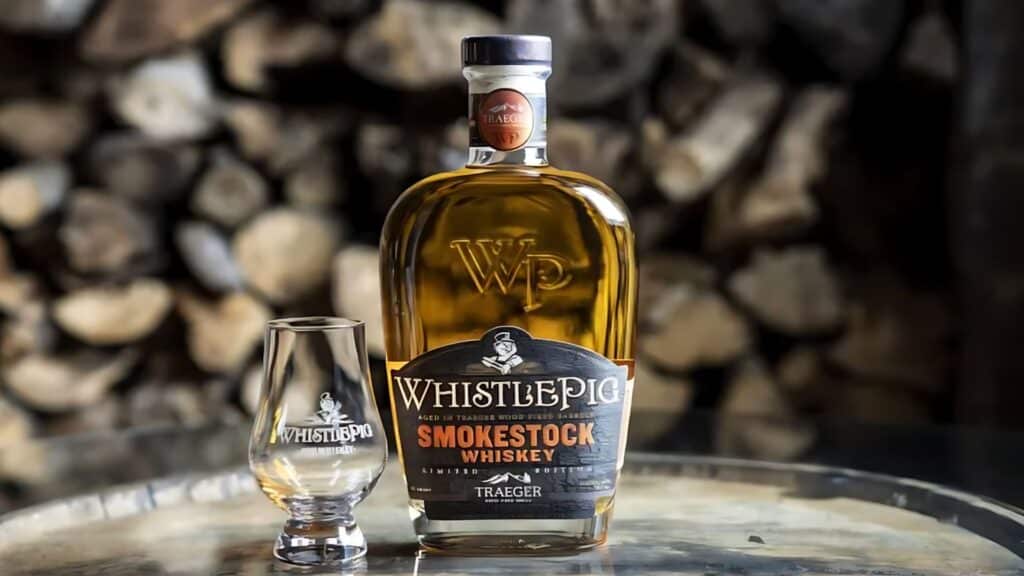
WhistlePig is a high-end rye whiskey brand known for its aged varieties and premium quality.
With ages ranging from 10 years and up, WhistlePig offers a rich and mature flavor profile showcasing the best rye whiskey.
The brand is also known for its unique blends and finishes, adding intrigue to its impressive lineup.
Popular Brands and Varieties of Bourbon
Maker’s Mark
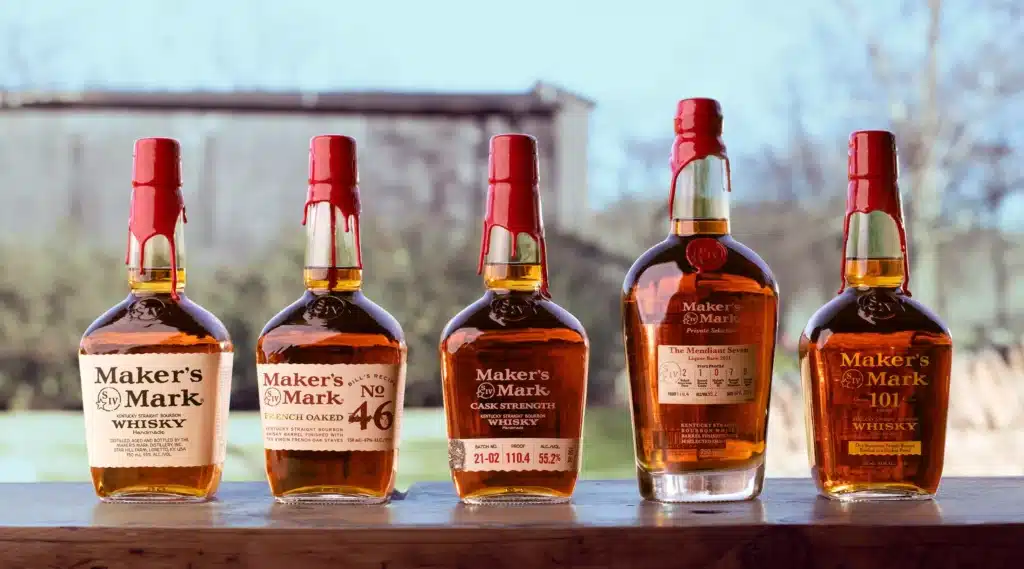
Maker’s Mark is a classic bourbon brand, easily recognizable by its iconic red wax seal.
As a wheated bourbon, Maker’s Mark offers a softer and sweeter profile than traditional bourbons.
Caramel and vanilla notes dominate the flavor, creating a smooth and easy-drinking experience. The red wax seal has become a symbol of quality and consistency.
Jim Beam
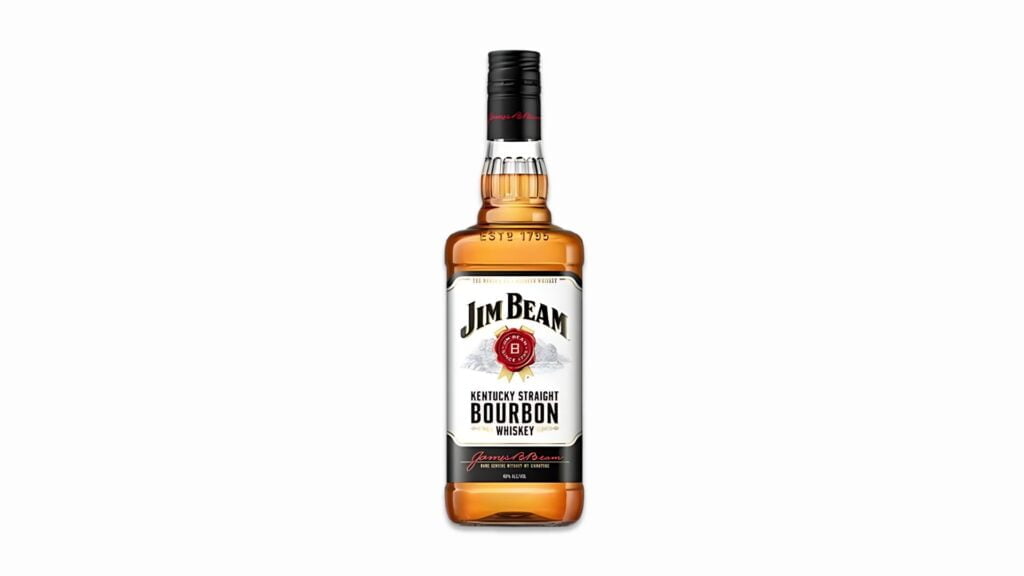
Jim Beam is a quintessential bourbon brand known for its reliable and classic taste.
Using a traditional high-corn mash bill, Jim Beam delivers the sweet and smooth flavors bourbon lovers crave.
The brand offers a range of varieties, including the popular Black Label and the bold Devil’s Cut, catering to different preferences and occasions.
Buffalo Trace
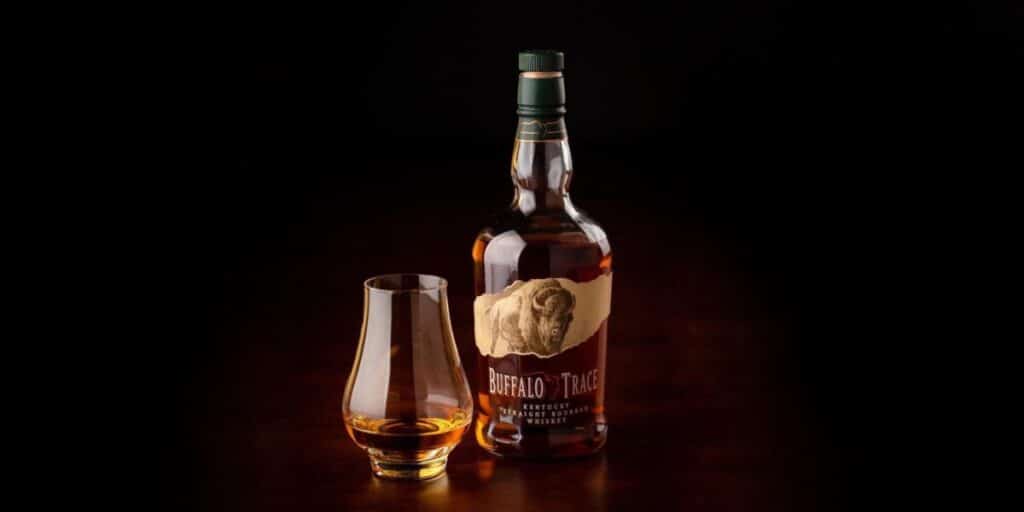
Buffalo Trace is a highly regarded bourbon brand, praised for its sweet and oaky profile.
Aged in century-old warehouses, this bourbon has a rich history and flavor.
The sweetness of the corn is balanced by notes of oak and spice, creating a well-rounded and satisfying taste.
Buffalo Trace is known for its consistently high quality and is a favorite among bourbon connoisseurs.
Similarities and Differences: Rye Whiskey vs Bourbon
| Aspect | Rye Whiskey | Bourbon |
|---|---|---|
| Mash Bill | At least 51% rye grain. | At least 51% corn. |
| Gives a spicy and robust flavor profile. | Contributes to sweetness and smooth texture. | |
| The legal requirement ensures a bold and spicy taste. | Variations include high-rye bourbons (spicier) and wheated bourbons (softer). | |
| Aging Process | Aged in new charred oak barrels. | Aged in new charred oak barrels. |
| Absorbs flavors and tannins from the charred oak. | Absorbs flavors and tannins from the charred oak. | |
| Develop notes of vanilla, caramel, and spice. | Develop notes of vanilla, caramel, and spice. | |
| Longer aging results in more complex flavors. | Longer aging results in more complex flavors. | |
| Flavor Profiles | Spicy and robust. | Sweet and smooth. |
| Dominant spicy notes (pepper, cinnamon). | Rich and complex flavor profile. | |
| Herbal and earthy undertones (dill, mint, leather, tobacco). | Notes of caramel and vanilla are common. | |
| Subtle fruity hints (apple, pear). | Oak, fruity, or nutty undertones may be present. | |
| Production Locations | Predominantly Northern United States. | Primarily associated with Kentucky. |
| Climate and tradition influence development. | Limestone-rich water and abundant corn crops. | |
| It can be produced anywhere in the U.S., adhering to legal requirements. | ||
| Key Differences | The main grain used is rye. | The main grain used is corn. |
| Contributes to bold and spicy flavor profile. | Contributes to a sweet and smooth flavor profile. |
Recipes for Rye Whiskey Cocktails
Old Fashioned
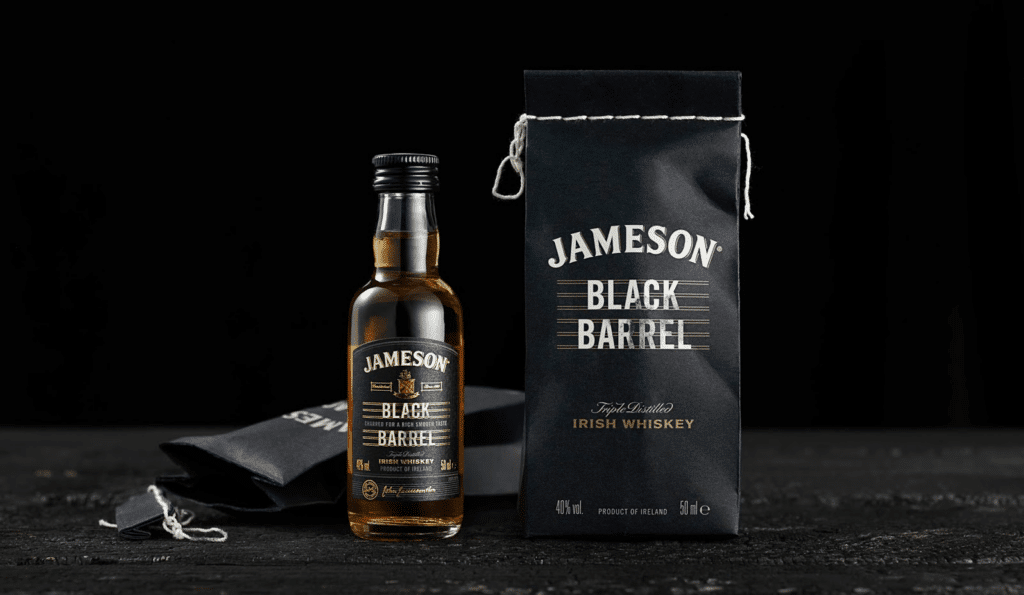
- Ingredients: 2 oz rye whiskey, 1 sugar cube, 2 dashes Angostura bitters, orange twist garnish
- Preparation: Muddle sugar and bitters, add rye and ice, stir, and garnish with an orange twist.
- Flavor: Spicy rye balanced with sweetness and bitters
Manhattan
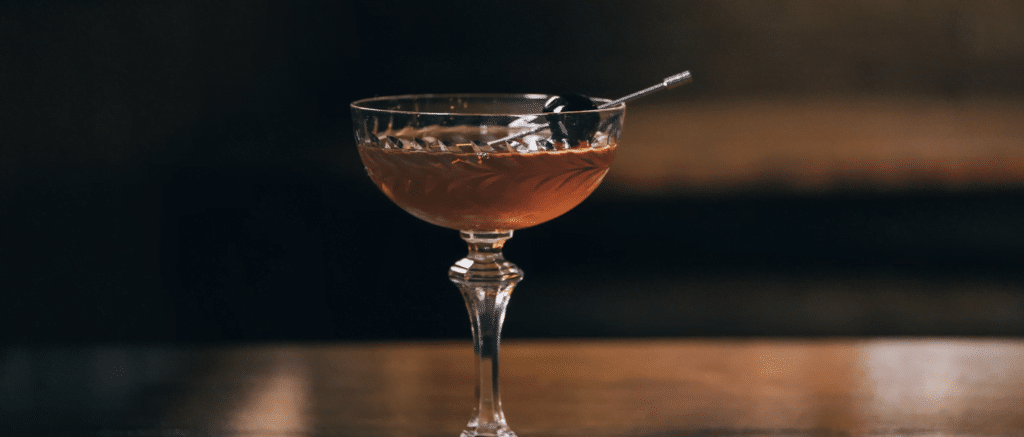
- Ingredients: 2 oz rye whiskey, 1 oz sweet vermouth, 2 dashes Angostura bitters, cherry garnish
- Preparation: Combine ingredients with ice, stir, strain into chilled glass, garnish with cherry
- Flavor: Rich, smooth, spicy rye with sweet vermouth undertone
Recipes for Bourbon Cocktails
Mint Julep
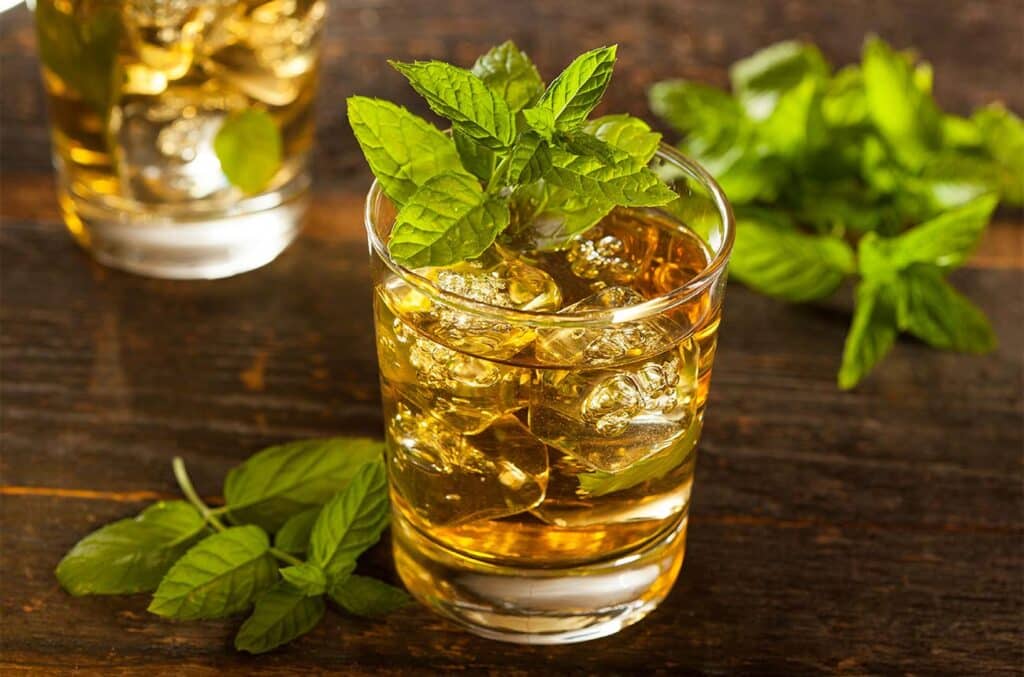
- Ingredients: 2 oz bourbon, 1 oz simple syrup, 8-10 mint leaves, crushed ice
- Preparation: Muddle mint and syrup, add bourbon and ice, stir until frosty, and garnish with mint.
- Flavor: Sweet, minty, smooth bourbon
Whiskey Sour
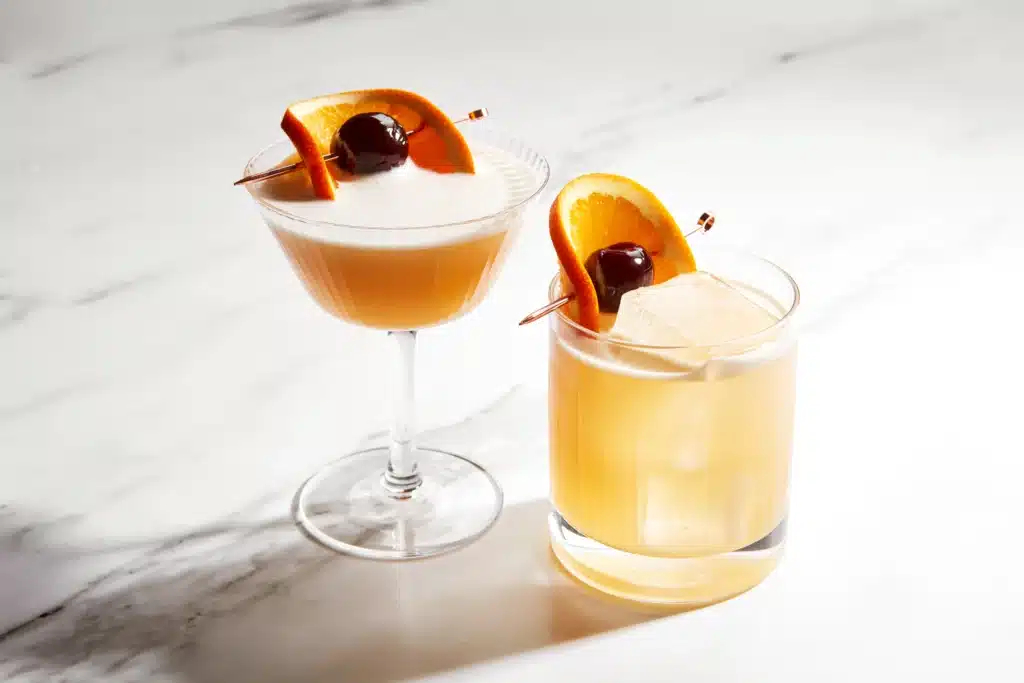
- Ingredients: 2 oz bourbon, 3/4 oz lemon juice, 1/2 oz simple syrup, cherry and orange garnish
- Preparation: Shake ingredients with ice, strain into rocks glass, garnish with cherry and orange
- Flavor: Tart, refreshing, balanced with sweet bourbon
Conclusion
The comparison of rye whiskey and bourbon reveals two distinct spirits with rich histories, unique production methods, and diverse flavor profiles.
While both share similarities in their aging process and cultural significance, their differences in mash bills and taste characteristics make them stand out.
Whether you prefer the bold, spicy kick of rye or the smooth, sweet notes of bourbon, there’s no denying the impact these whiskeys have had on American culture and the global spirits industry.
As the resurgence of rye and the steady popularity of bourbon continues, the rise of craft distilleries and innovative techniques promises to bring even more exciting expressions to the forefront.
So, the next time you’re in the mood for a classic cocktail or a neat pour, consider exploring the nuances of rye whiskey and bourbon – you might discover a new favorite.

